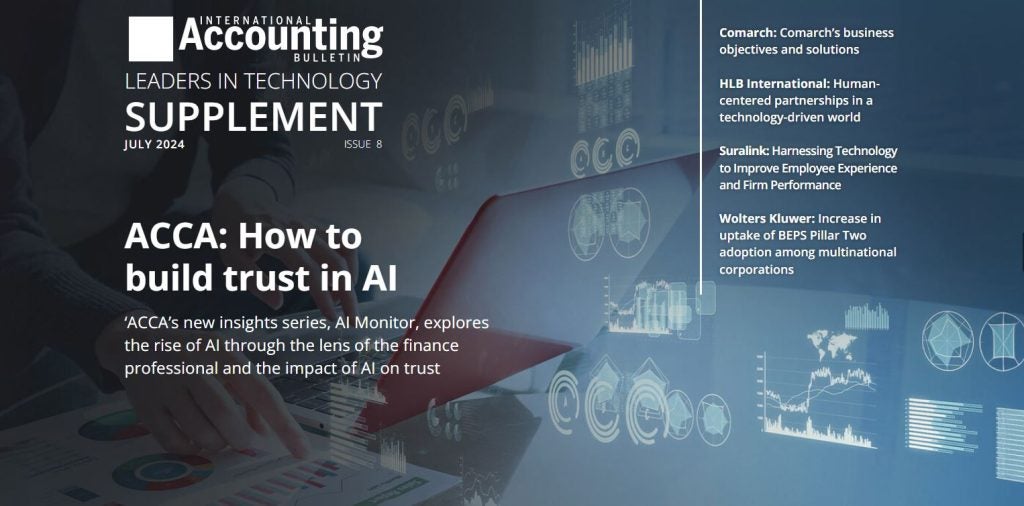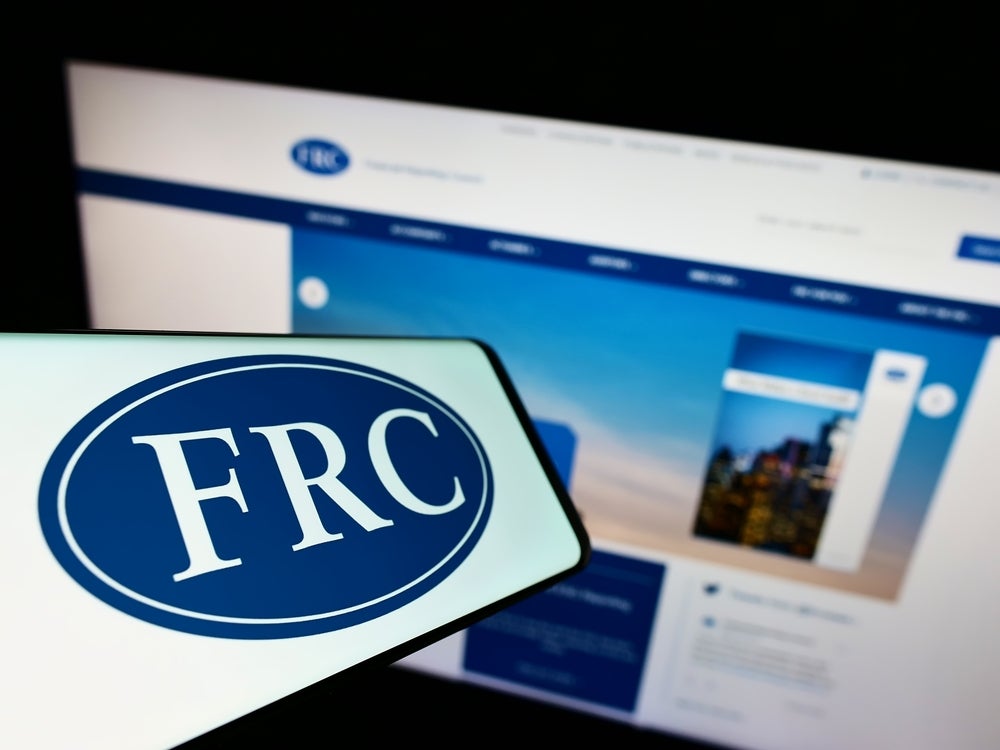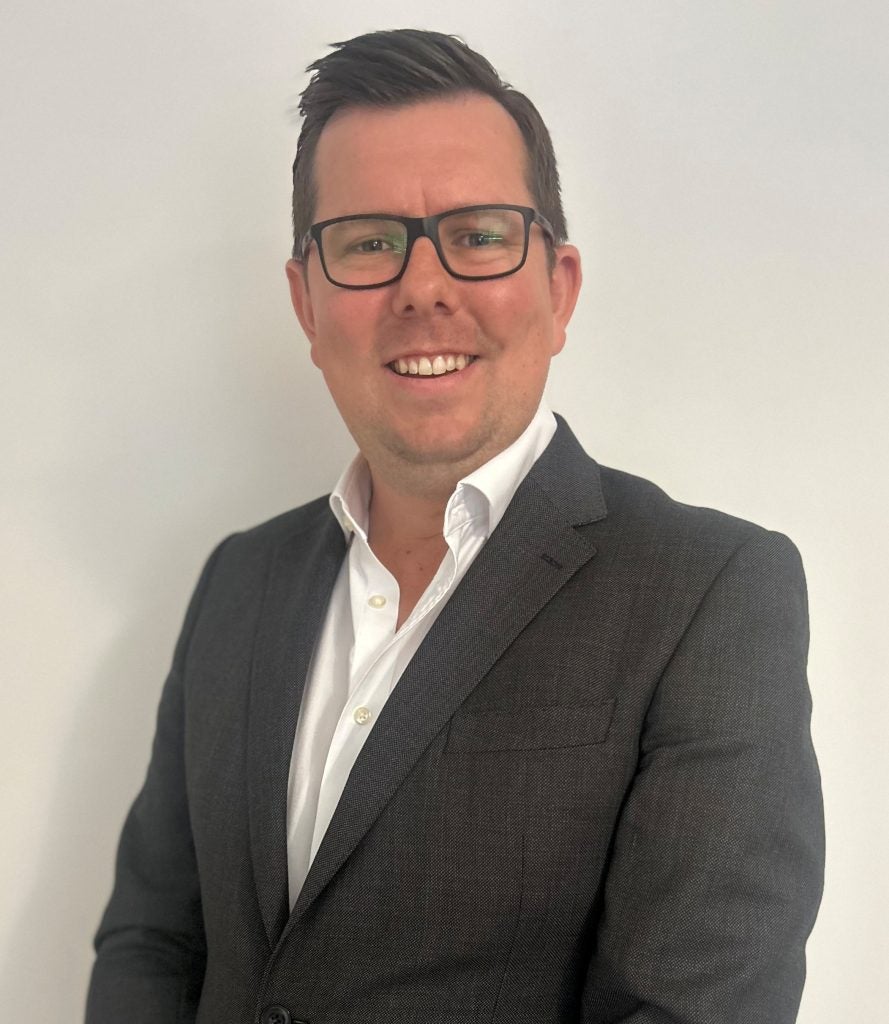The World Economic Forum doesn’t just test the temperature of the world economy, it helps to set it.
I think the ‘anxious optimism’ described in the title of PwC’s annual CEO survey – one of a skew of reports and surveys launched during the week – caught the mood about right.
The debates in Davos also signposted where governments might well be turning their minds in the next 12 months. Expect action on crypto-currencies, on exchange rate devaluations and hot words (at the very least) on trade.
Last year, the collapse in trust in business and the onward march of the digital revolution dominated proceedings.
This year, the modest recovery recorded in the Edelman trust barometer, meant even more attention was accorded to the theme first coined at the World Economic Forum: the Fourth Industrial Revolution.
Part of the fascination comes in some of the latest technologies being on show, the latest innovations in augmented reality, artificial intelligence and big data. For the first time, there was an entire building devoted to blockchain.
How well do you really know your competitors?
Access the most comprehensive Company Profiles on the market, powered by GlobalData. Save hours of research. Gain competitive edge.

Thank you!
Your download email will arrive shortly
Not ready to buy yet? Download a free sample
We are confident about the unique quality of our Company Profiles. However, we want you to make the most beneficial decision for your business, so we offer a free sample that you can download by submitting the below form
By GlobalDataBut in the session on climate change, the Chair of India’s Mahindra Group reminded us “Technology is an enabler, not a facilitator. At the end of the day it’s the poets, the people who get out on campuses and protest, who will save the world.”
In the week’s closing session last Friday, the IMF Managing Director struck a similar warning note about the continuing risk of financial vulnerability in the world economy.
Echoing this year’s WEF title ‘a shared future in a fractured world’, she added that it is growing economic inequality in many countries which is creating the ‘fractures’.
So did the World Economic Forum simply bemoan the widening gaps, start to fill them in or address what is causing the cracks in the first place?
Of course business leaders here did debate the big global issues from the Sustainable Development Goals (SDGs), to combating climate change itself and to the fight for gender equality.
The all-woman chairing panel was a symbolic first, and you felt that many contributors were sincere in pursuing the message on the banner which was the first sight arriving at the Congress Centre, calling for 250 million more women worldwide to be given access to the labour market.
The WEF did not dodge some of the more difficult issues. There were open panel discussions on tackling sexual harassment in the workplace, on the inherent dangers of cyber-security and on tax evasion – with Google pronouncing to everyone that it wants to pay more tax.
Reporting rarely came up in the main auditorium in its own right but did so in this debate, where the European Commission called for total transparency in country-by-country reporting of where and by how much companies pay their taxes.
However the role of the profession remains very prominent throughout the proceedings. Deloitte’s work on digital readiness, KPMG’s role taking the proceedings out of Davos to the wider world (“WEF Live”) and EY hosting thought-leading discussions on corporate ‘purpose’ – all made major contributions to the week.
One of my personal absolute highlights was the debate between PwC Global Chair Bob Moritz and former UN Secretary General Kofi Annan. It was the sort of thoughtful, insightful and honest discussion between business and politics, which represented the very best of what Davos should be about.
Of course WEF participants come here not just to talk about business, but also to do business.
That is slightly different for the International Integrated Reporting Council. We advocate and consult rather than sell – how a reformed corporate reporting system can reflect broader integrated thinking and a shift to longer term value-creation and investment.
Yet the week gave us a significant opportunity to showcase the global progress of integrated reporting.
It also enabled the IIRC to contribute to the next phase in continuing joint work with partners in the Forum, both in reporting the business contribution to the SDGs and in working with investors to better identify risks and opportunities in a multi-capital world.
For those who have never been to Davos, it is not a one-off conference, but encompasses year-round project work between the Forum’s team of experts and its partners.
WEF Managing Director Rick Samans is a member personally of the IIRC’s global Council and of the Corporate Reporting Dialogue, thus a key contributor to debates shaping the adoption of integrated reporting across the world.
I hope my daily blogs and this wrap-up have made a small contribution to sharing the business of Davos more widely, and I am grateful for all the messages and feedback in particular on the role of integrated reporting, which I have received in response.
On a more personal note, as a seasoned participant in international conferences, there are some aspects which make Davos different.
The snow was even heavier this year, the sound of helicopters overhead louder and the practice of calling participants to their seats by the ringing of cow-bells, unique.
To ride on the bus or the train with non-participants in full ski gear on their way to the piste, is as surreal as anything virtual reality might conjure up.
Of course, the presence of political leaders sucks up a lot of media attention. President Trump’s contribution on the last day was described as introducing a ‘rock concert’ atmosphere, with attendees queuing for up to two hours to secure their seat.
But what struck me more than anything in his speech (for the record, I followed the relay), was that political leaders appear to come to Davos mainly to send messages to attract foreign investment to their country. The United States may be the richest country in the world, but essentially that’s what its President did too.
That is the power of Davos.
Richard Howitt is Chief Executive Officer of the International Integrated Reporting Council, and this is the last of his daily blogs from the World Economic Forum in behalf of The Accountant and International Accounting Bulletin.




